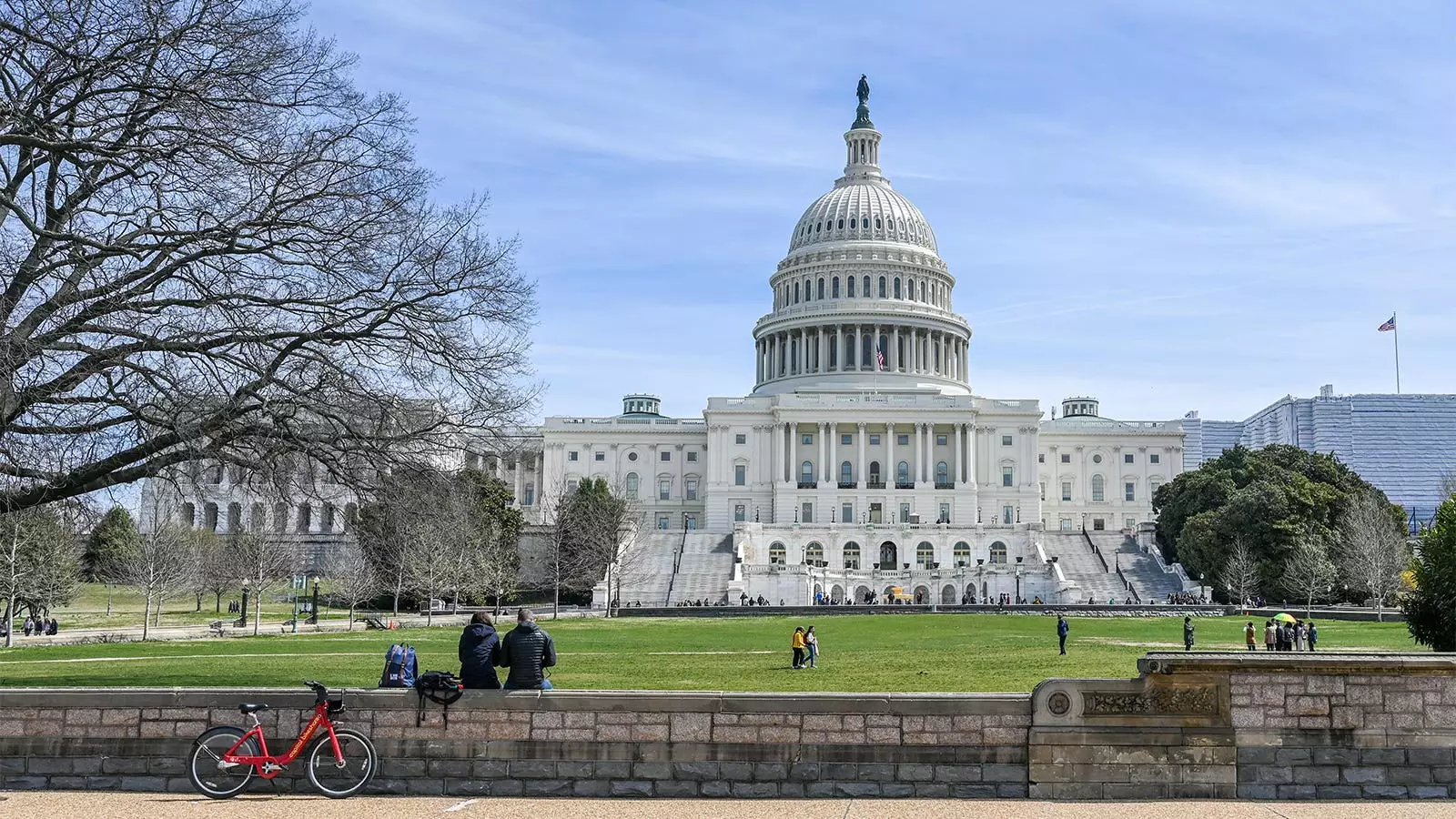The recent midterm elections not only highlighted the race for the presidency but also brought renewed attention to the 435 seats in the House of Representatives. Among these races were numerous candidates with backgrounds in healthcare, promising a blend of medical expertise and political ambition. This article delves into the outcomes of these notable elections, shedding light on the candidates, their professional backgrounds, and the implications of their victories or defeats on healthcare policy.
The elections showcased a diverse spectra of candidates, with many vying for House seats. The Arizona District 1 race remains emblematic of the tightly contested nature of these elections, where Republican incumbent David Schweikert was closely trailing Amish Shah, MD, a Democrat known for his experience as an emergency physician and his previous legislative role. With results still pending at the time of reporting, this race underscores the significance of each vote in closely held districts.
In Kansas, oncologist Prasanth Reddy, MD, faced a considerable challenge against incumbent Rep. Sharice Davids, ultimately losing by a ten-point margin. This outcome raises questions about the viability of healthcare professionals running in regions where healthcare issues are overshadowed by more pressing local concerns. Meanwhile, in Minnesota’s District 3, Kelly Morrison, MD, demonstrated a strong showing by defeating a seasoned district court judge, solidifying her position and reflecting a successful embrace of her medical background in a suburban political landscape.
The interactions between healthcare professionals in the political arena were particularly noteworthy in contests such as that of New Jersey District 3. Here, primary care physician Herb Conaway, MD, JD, edged out cardiologist Rajesh Mohan, MD, in a close contest, indicating that familiarity and established political relationships play crucial roles in electoral success. Such doctor-versus-doctor match-ups highlight a nuanced aspect of legislative elections—medical professionals increasingly transitioning to political roles and competing against peers for influence on health policy.
Oregon’s District 3 witnessed a decisive victory for pulmonologist Maxine Dexter, MD, who won her race overwhelmingly. Her resounding 69% of the vote suggests a strong community connection and points to a potential shift in attitude towards candidates with healthcare backgrounds. Similarly, in South Carolina, nurse practitioner Sheri Biggs, NP, dominated her race with a remarkable 72%, signaling an acknowledgment of the significance of nursing professionals in policymaking.
The results of these elections carry substantial implications for healthcare policy. With a variety of healthcare professionals now in Congress, there is a potential for a more informed dialogue surrounding healthcare legislation. Those who understand the intricacies of the healthcare system may bring valuable insights to the legislative process, advocating for policies that reflect the needs of healthcare providers as well as patients.
However, the results also indicate a potential loss of influential physician members, such as Mike Burgess, MD, and Larry Bucshon, MD. Their departures from the House could create gaps in healthcare advocacy, especially in arenas that require experienced voices to guide complex healthcare reforms. The re-election of several physician incumbents like Ami Bera, MD, and Kim Schrier, MD, shows that constituents value medical expertise, which could translate into a legislative push for policies centered on patient care and public health initiatives.
As the political landscape continues to evolve, the role of healthcare professionals in politics will likely gain additional momentum. Voter sentiment appears to support candidates with solid healthcare backgrounds, which may lead to greater representation in future elections.
The recent elections have illuminated the increasing trend of healthcare professionals engaging in political processes. As these newly elected representatives take office, their expertise will be critical in shaping future healthcare policies and addressing ongoing challenges faced by the medical community and the public. With an electorate engaged in vital healthcare discussions, the potential for transformative healthcare legislation is ripe—underscoring the importance of having knowledgeable voices in the House.



Leave a Reply